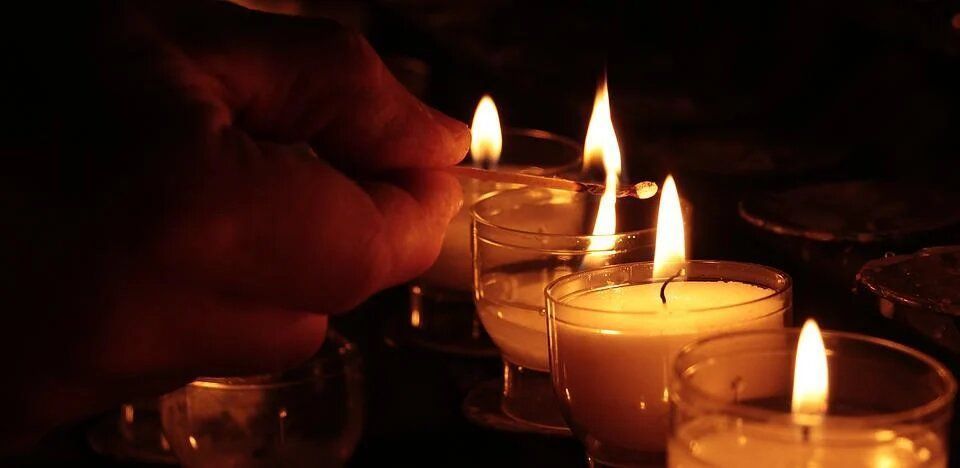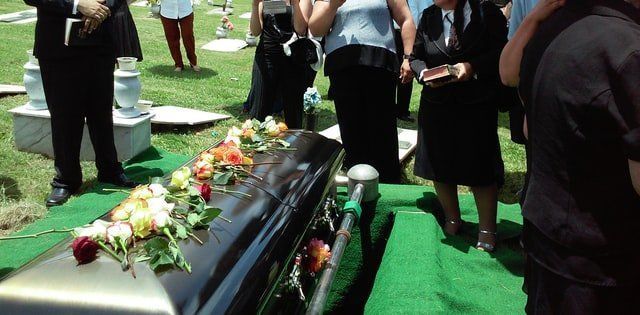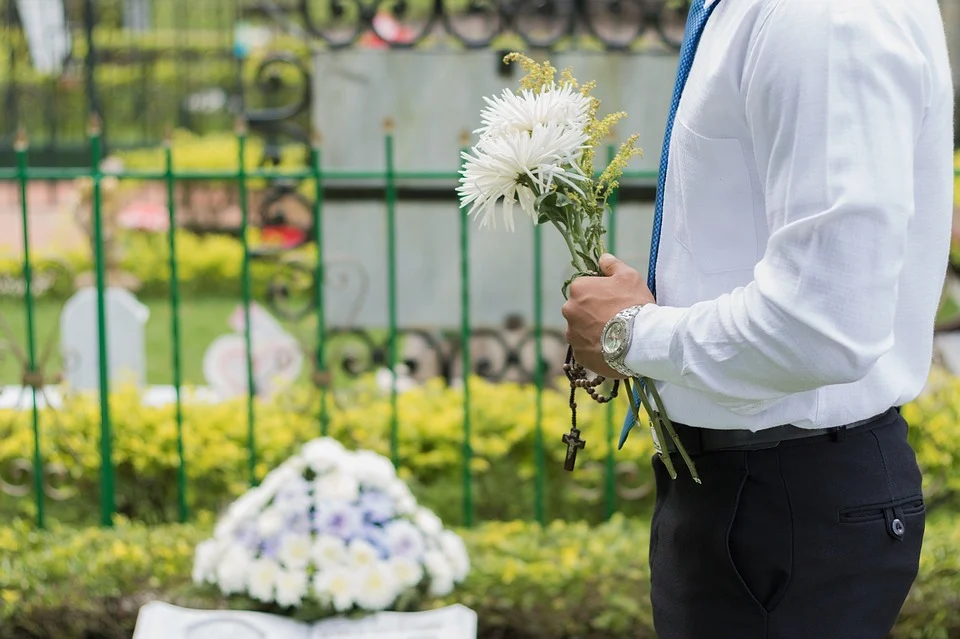How to Write a Eulogy
"The writing and reading of a eulogy is, above all, the simple and elegant search for small truths. This can be surprisingly hard, to take notice of the smallest, most unpolished details of a life and set them up for us to stare at in the wonder of recognition."
—Tom Chiarella, "How to Give a Eulogy"
How do you begin writing a eulogy? Editor Carol DeChant explains, "Obituaries are usually mini-biographies, focused on what a person did, but the eulogy is much deeper, more about who the person was...It's meant for the select group of people who knew and cared for that person, or who care for the survivors."
Christina Ianzito, in "How to Write a Eulogy," offers these suggestions; many of them come from Garry Schaeffer's book, A Labor of Love: How to Write a Eulogy:
- Outline the eulogy. In addition to helping you stay focused, an outline will keep your eulogy organized and effectively break down the task of writing into manageable pieces.
- Ask for the input of other family members and friends. They may be able to provide you with some great stories to share.
- Always try to share examples of the statements you make about your loved one. If you want to say, "she was generous with her time," tell a story that supports the statement.
- Do not focus too much on yourself. After all, this isn't a eulogy for you; keep your writing focused on your loved one. You may even want to ask others to read your first draft to make sure the focus is in the right place.
- Go for the humor. Shared laughter is a very healing experience so don't be afraid to make people laugh.
- Write the first draft. Don't fuss over every word; just get your ideas on paper.
- Put it aside for a while. This has, no doubt, been an emotional experience. Take some time away from the writing desk to get perspective and release stress or sorrow.
- Come back to edit and polish. This is the time to refine the eulogy into its final form.
- Print a legible copy of the eulogy, in a large font, to assist in the delivery of your well-chosen words. There's nothing worse than not being able to read your handwriting when you're standing in front of a crowd of people.
Delivering a Eulogy
Unless you're a seasoned public speaker, delivering a eulogy can be a scary, emotionally-trying time. It is recommended that you:
- Take your time with the delivery.
- Breathe deeply.
- Stay relaxed.
- Take regular sips of water.
If you have any doubts about your ability to perform in front of an audience, consider appointing a back-up person to fill in for you. Or, you may ask someone else to take over the duty of reading the eulogy aloud on your behalf.
"Giving a eulogy is good for you," says author, Tom Chiarella. "It may hurt to write it. And reading it? For some, that's the worst part. The world might spin a little, and everything familiar to you might fade for a few minutes. But remember, remind yourself as you stand there, you are the lucky one. And that's not because you aren't dead. You were selected. You get to stand, face the group, the family, the world, and add it up. You're being asked to do something at the very moment when nothing can be done. You get the last word in the attempt to define the outlines of a life."
Where to Find the Best Eulogies Online
All you need to do is search online for "best eulogies" or simply "eulogies"—you'll be directed to literally dozens of videos and articles.
Should you still find yourself in need of support, please give us a call. We will be delighted to discuss other available resources.










